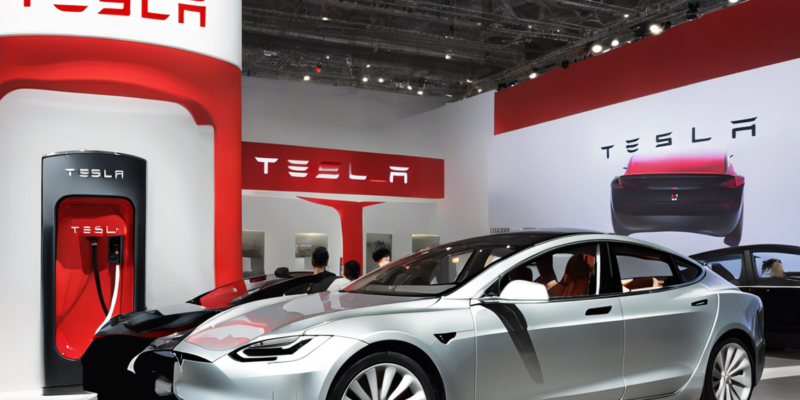The recent move by Tesla to file a lawsuit against an Indian battery maker has sparked widespread interest and speculation in the automotive and technology industries. The legal battle between Tesla and the Indian company sheds light on various aspects of the electric vehicle (EV) landscape, ranging from intellectual property rights to global market dynamics. In this blog post, we will delve into the details of this lawsuit, its potential implications, and the broader context in which it is situated.
Background of the Lawsuit
Tesla, a leading name in the EV industry, filed a lawsuit against a prominent Indian battery maker for alleged intellectual property theft and misappropriation of trade secrets. The lawsuit centers around the accusation that the Indian company hired former employees of Tesla, who then purportedly shared confidential information and proprietary technology with their new employer. This supposed breach of trust and violation of intellectual property rights forms the crux of the legal dispute between the two entities.
Implications for the EV Industry
1. IP Protection: The lawsuit underscores the importance of robust intellectual property protection in the highly competitive EV market. For companies like Tesla, innovation and technological advancement are key drivers of success, making it imperative to safeguard their IP assets from unauthorized use or replication.
2. Market Competition: The legal battle between Tesla and the Indian battery maker also highlights the intense competition within the EV sector. As the global demand for electric vehicles continues to rise, companies vie for market share and technological supremacy, leading to conflicts and disputes such as the ongoing lawsuit.
3. Global Expansion: Tesla‘s decision to take legal action against the Indian company speaks to its ambitions for international expansion. As the EV giant seeks to establish a stronger presence in emerging markets like India, protecting its technological innovations becomes a critical priority to ensure sustained growth and profitability.
Key Takeaways
- Intellectual property rights are crucial in the EV industry, where innovation is paramount.
- Competition in the global EV market is driving companies to safeguard their proprietary technology.
- International expansion necessitates vigilance in protecting trade secrets and IP assets.
Frequently Asked Questions (FAQs)
1. What specific allegations has Tesla made against the Indian battery maker?
- Tesla has accused the Indian company of intellectual property theft and misappropriation of trade secrets, citing the involvement of former Tesla employees in sharing confidential information.
2. How might this lawsuit impact the future of EV technology development?
- The lawsuit could lead to greater scrutiny and enforcement of IP protection measures in the EV sector, potentially influencing how companies approach innovation and collaboration in the industry.
3. What legal remedies is Tesla seeking in the lawsuit?
- Tesla is reportedly seeking monetary damages and injunctive relief to prevent the Indian battery maker from further using or disclosing Tesla‘s proprietary technology.
4. What does this lawsuit signify in terms of the global EV market dynamics?
- The lawsuit reflects the competitive nature of the global EV market, where companies engage in legal battles to safeguard their market positions and technological advantages.
5. How can companies prevent similar intellectual property disputes in the future?
- Companies can implement stringent non-disclosure agreements, conduct thorough background checks on employees, and establish clear protocols for handling confidential information to mitigate the risk of IP disputes.
In conclusion, the lawsuit filed by Tesla against an Indian battery maker sheds light on the complexities and challenges facing the EV industry. As companies strive to innovate, expand globally, and protect their intellectual property, legal disputes such as this serve as reminders of the intricacies inherent in the intersection of technology, competition, and market dynamics. The outcome of this lawsuit will not only have immediate ramifications for the parties involved but may also set precedents and standards for intellectual property protection in the evolving landscape of electric vehicles.

Comments